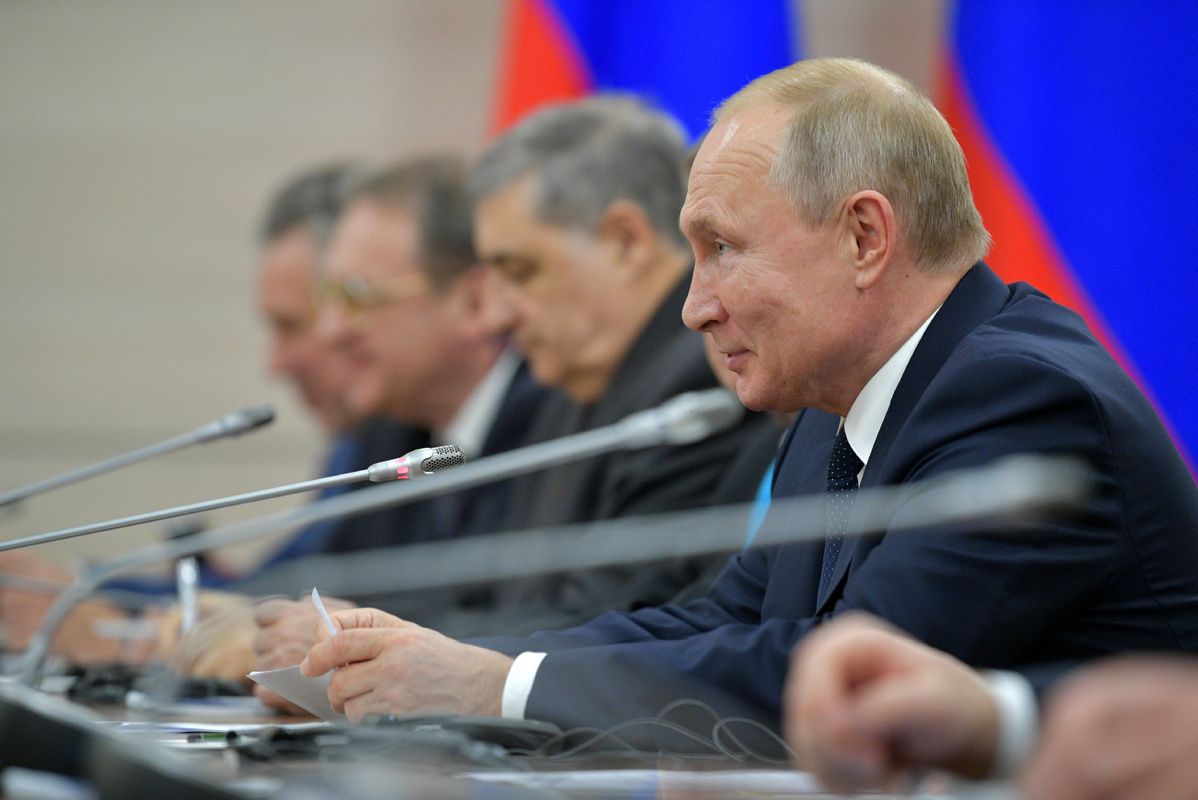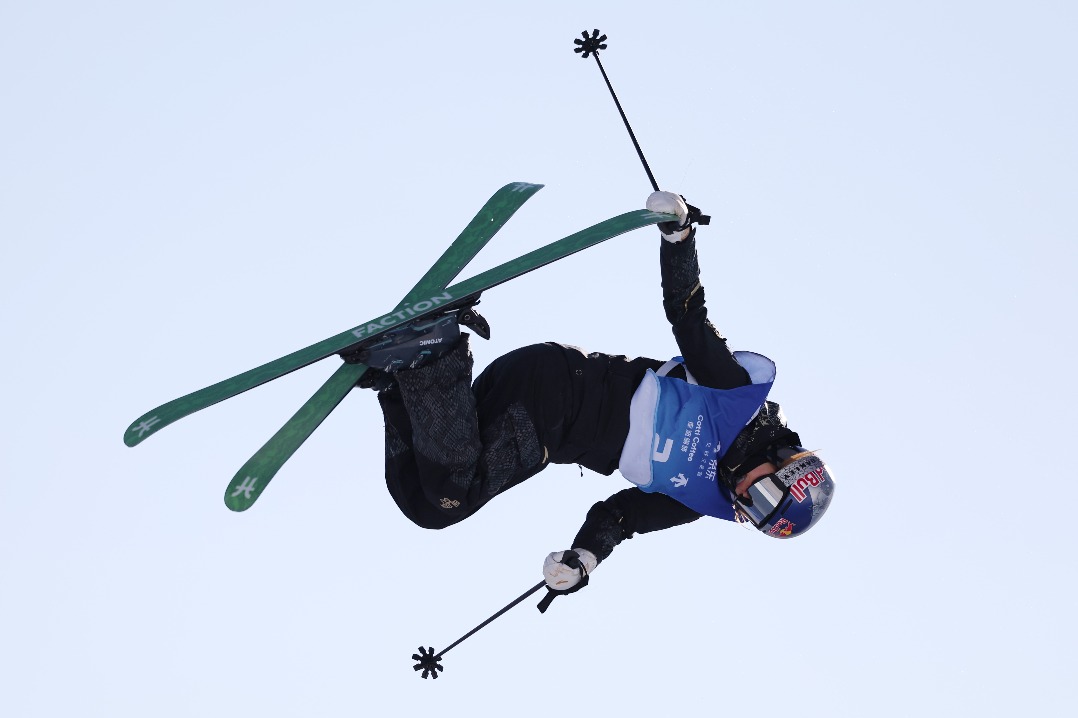Putin's Africa tilt to bring dividends for Russia
By George Nyongesa | China Daily Global | Updated: 2019-11-20 09:22

After the collapse of the former Soviet Union, Russia has maintained strong ties with African countries. It was the Soviet Union which was instrumental in the decolonization of Africa.
After a long hiatus, President Vladimir Putin declared to the world Russia's return to Africa as he hosted representatives from all the 54 African nations, including 43 heads of state or government, at his retreat in Sochi. As Russia engages African leaders to discuss politics and business, it is important for Russia to note that the African continent is made up of a diverse collection of countries, each with its own set of development goals and challenges.
The inaugural Russia-Africa Summit, held under the theme, "For peace, security and development", presented African leaders and business community with opportunities to evaluate Russia's proposed framework against the backdrop of the continent's current risk profile and competitive landscape for investors.
The summit culminated in the adoption of a final declaration that laid out the framework for Russia-Africa cooperation in the areas of politics, security and economy. Two key memorandums of understanding were reached for economic cooperation between Russia and the African Union, a continental union comprising 55 member states, as well as the Eurasian Economic Commission and the AU.
As Russia tries to regain old Soviet influence in Africa, it faces a challenge as there has been a long disconnect. The continent has since phased out old African elites that had links with Moscow. The current generation of elites does not know much about Russia, and it has established robust business ties with Beijing, Mumbai, Tokyo and Washington.
As Russia seeks inroads into Africa, a major challenge that Moscow has to deal with is how best it can compete in the face of its fragile economy. Russia will have to calibrate its reengagement with Africa to focus on a strong niche, hopefully beyond military interests.
The other challenge is that not only is Russia not one of sub-Saharan Africa's main trading partners but it is also not a major source of foreign investment. The other global competitors have since long articulated comprehensive engagement frameworks for Africa. Russia is yet to do so. It is for this reason that the first Russia-Africa Summit presented an opportune platform to explore the opportunity for development cooperation between Russia and Africa.
It is notable that Putin emphasized developing relations with Africa as being a part of Russia's foreign policy. This bold move stands to benefit Russia especially against the backdrop of a clear decline in the level of priority that the United States and Western policymakers have devoted to Africa in recent years.
In characteristic Kremlin style of seizing opportunities and filling vacuums-the hallmark of current Russian foreign policy-Putin's inroads into Africa may turn out to be another success like those in the Middle East. It was also interesting to note the acknowledged role of the AU, especially through its chair, the President of Egypt, Abdel Fattah el-Sisi, in facilitating the success of the Sochi summit.
A big first step to developing stronger Russia-Africa relations was the adoption of the final declaration of the summit that included the decision to set up a Russia-Africa partnership forum. The intention is to hold Russia-Africa summits every three years, alternating between Russia and an African state. Annual consultations will also be held between Russia and the AU leadership to address the current issues.
The Sochi summit also identified shared values between Russia and Africa in the quest for justice, equality and respect for independent choice.
Russia's pitch for African countries' sovereignty is therefore a significant differentiator of Russia's partnership proposal. Also, the pragmatic move to write off $20 billion of African debt accumulated during the Soviet era signaled Russia's interest to reset its relations with Africa. While it is estimated that $12.5 billion worth of deals were struck on the fringes of the summit, it will be curious to see how Russia pivots this pitch to see the rise in bilateral trade between the two from the current $20 billion to the anticipated doubling of trade in the next five years.
The author is a senior associate at the Africa Policy Institute, Nairobi. The views do not necessarily reflect those of China Daily.
























